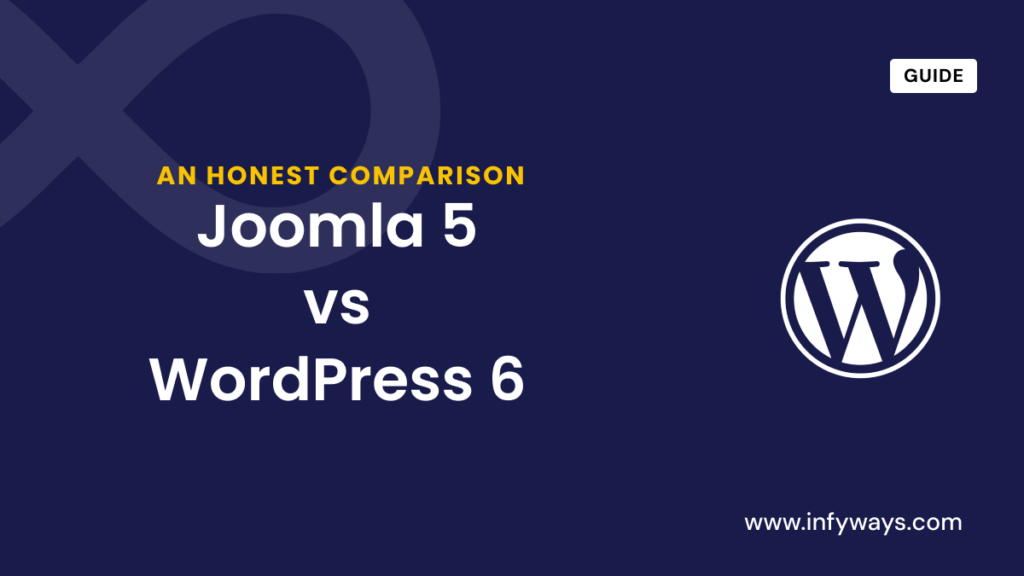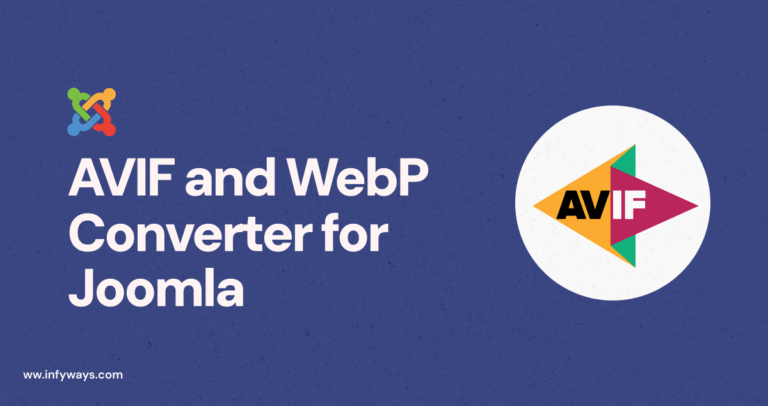The Joomla vs. WordPress debate has been reignited with the release of Joomla 5 and WordPress 6. Each platform caters to a specific audience, offering distinct advantages and challenges. In this blog post, we delve into real user feedback, expert insights, and key statistics to provide a balanced analysis of whether Joomla 5 is better than WordPress 6.
Overview of Joomla 5 and WordPress 6
Joomla 5 Highlights:
- Improved MVC Framework: Developers praise Joomla 5’s improved MVC architecture for building custom solutions (u/brettnzl).
- Ease of Backend Use: Joomla’s backend is often described as “more solid and safe” compared to WordPress, making troubleshooting less stressful (u/Cremasterau).
- In-Built Features: Joomla includes built-in components like contact forms, eliminating the need for plugins in some cases (u/Witty-Poem4734).
WordPress 6 Highlights:
- SEO-Friendly: WordPress’s ecosystem of SEO plugins like Yoast and Rank Math outshines Joomla for general use (u/brettnzl).
- Plugin Ecosystem: The vast library of plugins and themes supports endless customization for both beginners and experts.
- Market Share Dominance: WordPress powers 43% of all websites globally (Statista), compared to Joomla’s 2.6%.
Developer Perspectives
Developers’ preferences often boil down to project requirements:
- Custom Development: “If a client needs a custom database or plugin, Joomla’s MVC framework is better,” says u/brettnzl.
- Ease of Use: WordPress shines in simplicity for general use, especially for small businesses and blogs. However, Joomla is favored for its reliability and lack of plugin dependency. As u/Witty-Poem4734 notes, “The extendability and ease of overriding views make Joomla a clear winner for developers.”
User Feedback on Stability
One common sentiment among Joomla users is its solid backend:
- Joomla’s Backend: “It feels like working in a secure bank compared to WordPress’s flashy credit union,” shares u/Cremasterau.
- Plugin Dependency: Joomla has better out-of-the-box functionality. For example, its contact form component is built-in, unlike WordPress, which requires plugins like Contact Form 7 (u/Witty-Poem4734).
Challenges with Joomla
Despite its improvements, Joomla faces notable challenges:
- Historical Migration Issues: Joomla’s past migration processes were often complex, leading to frustration. As u/LeadingSpecific8510 explains, “The migrations were an obvious money grab. Every major release required a migration, and the details were never published.”
- Decline in Plugin Ecosystem: Over time, fewer extensions have been developed for Joomla, especially after Joomla 3, impacting its flexibility (u/Affectionate_Pop_362).
Real-World Use Cases
The choice between Joomla and WordPress often depends on specific project needs:
- Custom Projects: Joomla excels in cases where custom solutions are required.
- Example: A business needing a tailored database integration.
- General Use: WordPress is ideal for blogs, eCommerce, and SEO-driven sites.
- Example: A small business owner looking for quick setup and robust SEO tools.
- E-Commerce: WordPress dominates with WooCommerce, whereas Joomla’s e-commerce extensions are considered less competitive (u/brettnzl).
Honest Verdict
Choose Joomla 5 if:
- You need a secure, developer-friendly framework for custom projects.
- You prefer a more stable backend with fewer plugins.
- Built-in features like contact forms are critical to your workflow.
Choose WordPress 6 if:
- You prioritize SEO, eCommerce, or ease of use.
- You want access to a vast plugin and theme ecosystem.
- Market dominance and community support are important to you.
| Feature | Joomla 5 | WordPress 6 |
|---|---|---|
| Backend Experience | Stable and secure | Dynamic but plugin-dependent |
| Custom Development | Robust MVC framework | Limited without plugins |
| Plugin Ecosystem | Smaller, high-quality extensions | Vast but mixed quality |
| SEO | Basic without third-party tools | Advanced with plugins like Yoast |
| Market Share | 2.6% (Statista) | 43% (Statista) |
Final Thoughts
Joomla 5 has made strides in regaining developer trust, but WordPress 6 remains the go-to for most general use cases due to its ecosystem and simplicity. As u/brettnzl notes, “Joomla 5 and onwards may be a good direction, so who knows if the dynamic will change.”
Ultimately, the choice boils down to project needs and personal preference. If you’ve used either platform recently, share your experiences in the comments!




